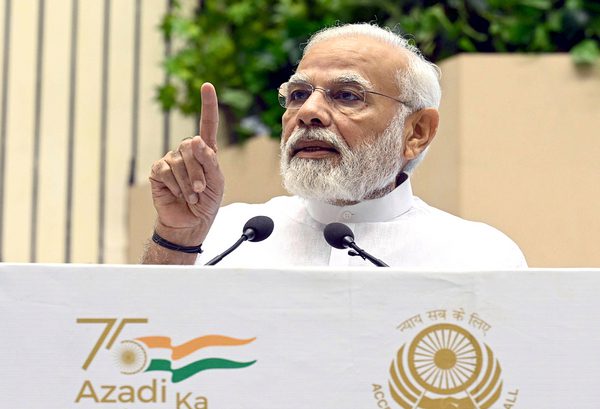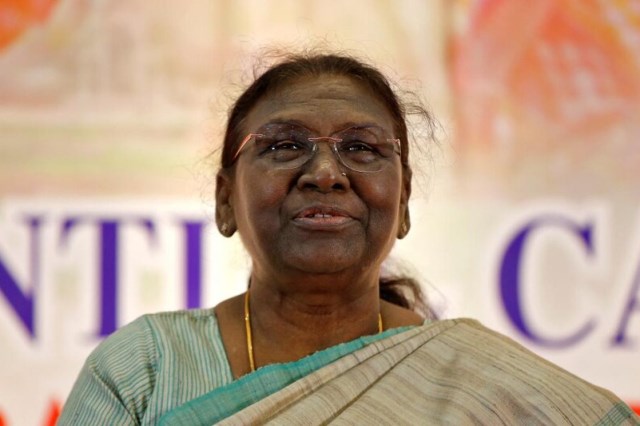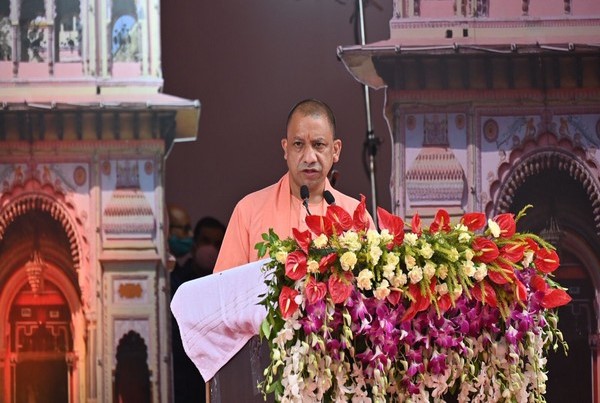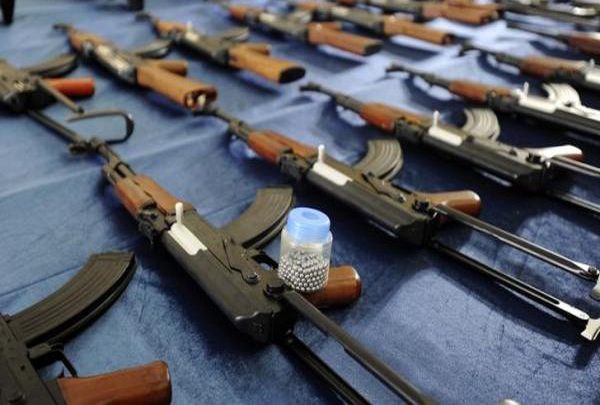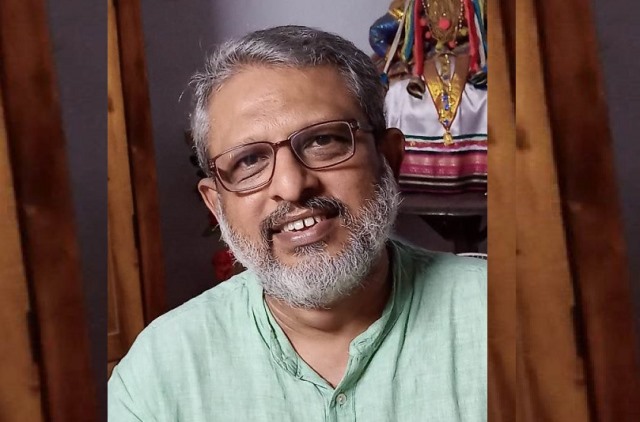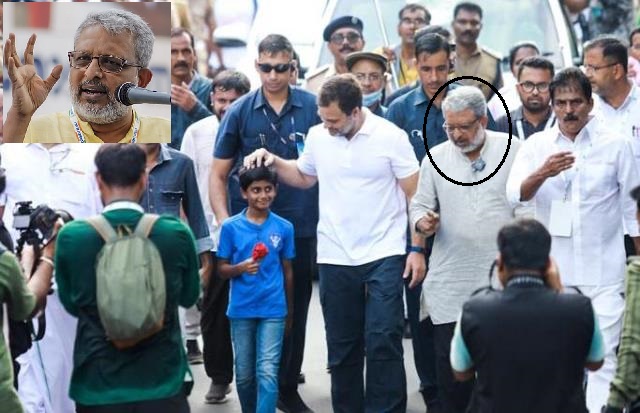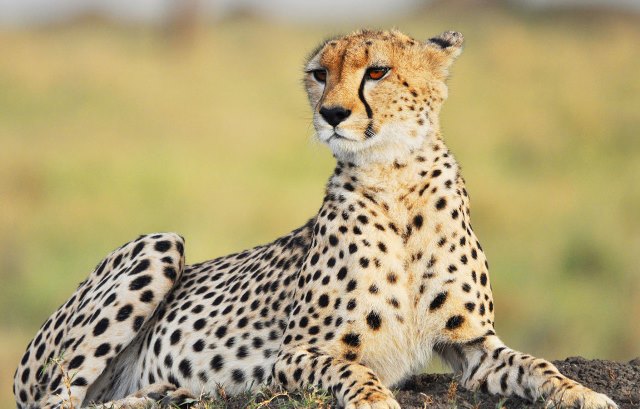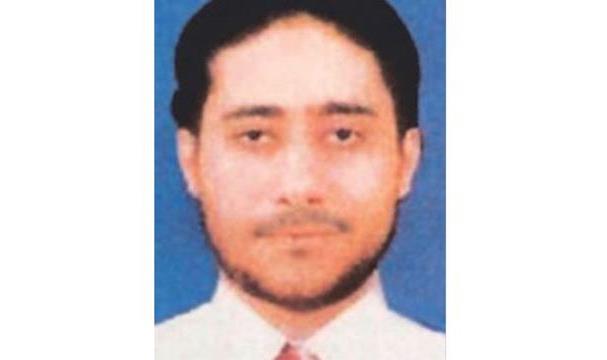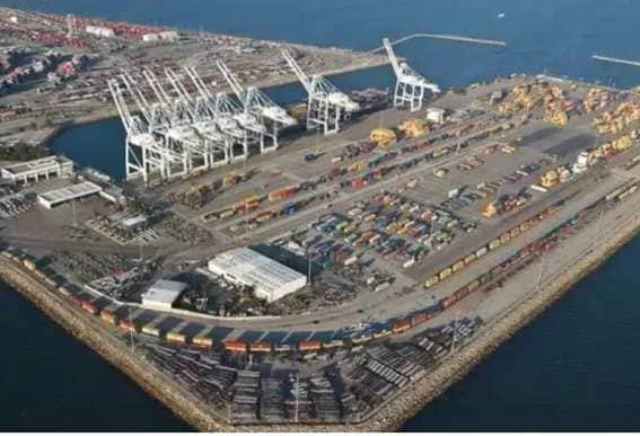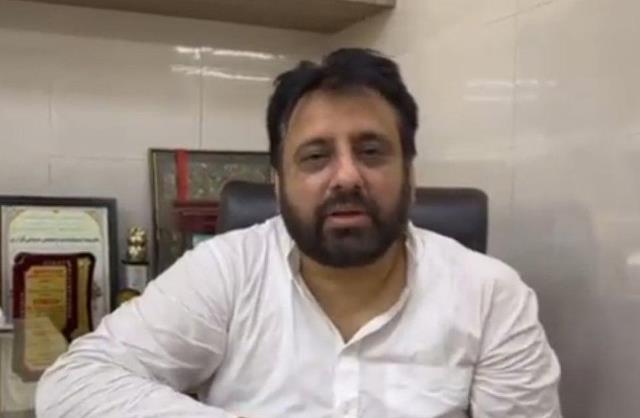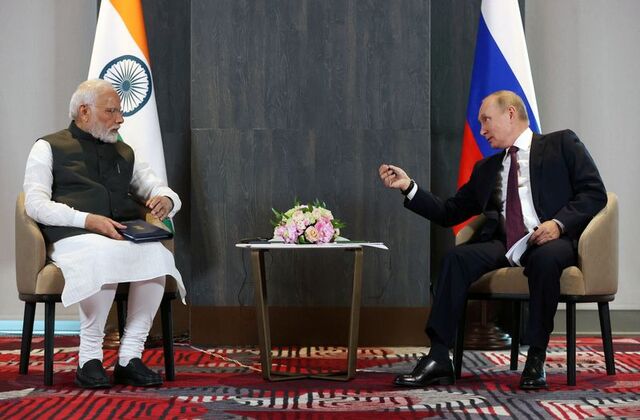Prime Minister Narendra Modi on Saturday launched the National Logistics Policy in the national capital which, he said, was an important step towards the “making of a developed India”, while adding that the policy has come with a “new energy for every sector”.
In his address, PM Modi said, “In the Amrit Kaal, the country has taken an important step towards the making of a developed India. The echo of Make in India and India becoming self-reliant is everywhere. India is setting big export targets and is also fulfilling them. India is emerging as a manufacturing hub. In such a situation, the National Logistics Policy has brought new energy for all sectors.”
“India is emerging as a manufacturing hub. The world has accepted India as a leader in manufacturing. The National Logistics Policy has helped the manufacturing sector,” he added.
The Prime Minister called the policy a solution for many problems and said that it would lead to improvements of “all our systems”.
“There has been a constant effort to find solutions for fast last-mile delivery, resolution of transportation-related challenges, for saving time and money of our manufacturers and industries, all these subjects. The national logistics policy is a form of its solution. I believe that for the improvement of all our systems, there will be coordination between various units of the government working in these fields with a holistic approach. It will result in the delivery of the speed that we want to achieve,” he said.
The logistics policy is aimed at bringing down the logistic costs and improving the competitiveness of domestic goods in the global market.
India spends around 13 to 14 per cent of gross domestic product (GDP) on logistics costs. While countries like Germany and Japan, which are known for their developed logistics infrastructure and systems, spend just around eight to nine per cent of the GDP on logistics costs.
The logistic sector has more than 20 government agencies, 40 Partner Government Agencies (PGA), 37 export promotion councils, 500 certifications, over 10,000 commodities and a $160-billion market.
According to the World Bank Logistics Index of 2018, India is ranked 44th in logistics costs, far behind countries like the United States and China which are at the 14th and 26th positions, respectively. (ANI)
Read More:https://lokmarg.com/
